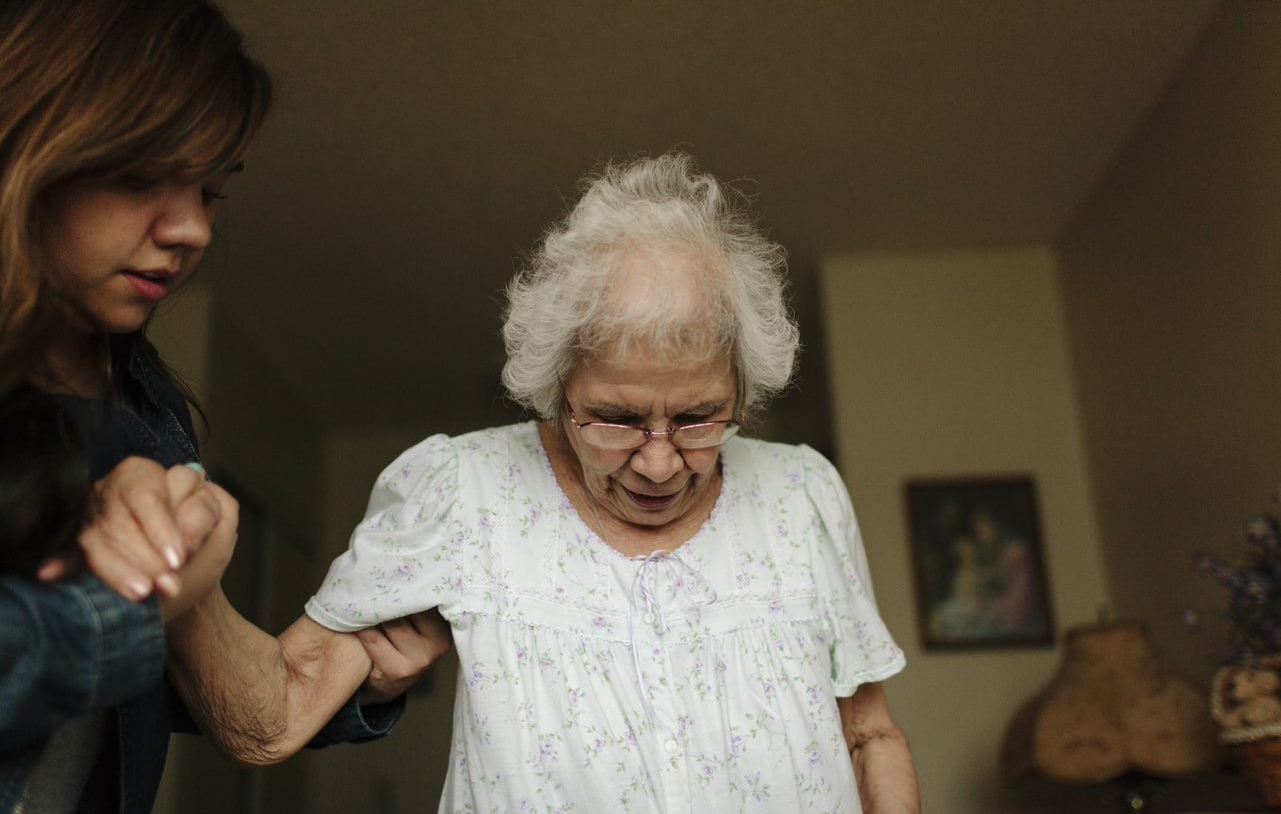By Anna Seitzer, LICSW, Senior Care Advisor
It is highly unlikely that your parent or family member will eagerly anticipate a move to a nursing home. Yet for some people, 24-hour skilled care may be the right choice. Yes, there are nursing homes that have made national news and serve as cautionary tales. And while there are some really bad apples out there, there are also nursing homes that provide quality care if you know what to look for. Our Senior Care Advisors can help you determine the best nursing home options for you and your family.
Once a facility is identified and a decision made, what can you do to insure things go as smoothly as possible? As a former nursing home social worker, I’ve observed several strategies that benefit families and their loved ones during the transition to long-term care.
Bring things from home – Having familiar items from home such as a bedspread, pillow, pictures, decorations, personal care products, and books can make nursing home residents more comfortable in their new environment. Personal possessions and keepsakes can make a room feel more like “home” and less like an institution.
Talk to staff – Work on having open communication with the nurses, social workers, aides and other staff. Tell them about your loved one’s likes, dislikes, food preferences, and routine. It is also important to build rapport with a staff member who works directly with your loved one, so that if there is a problem, you have a go-to person you can talk to.
Attend care plan meetings – Nursing homes generally have interdisciplinary care plan meetings soon after admission and then on a quarterly basis. My advice: do your best to attend these meetings. Nurses, social workers, therapy staff, and Certified Nursing Assistants (CNAs) will be present and can speak about your loved one’s current plan of care. If you are unable to attend in person, you can ask about joining via conference call. Care plan meetings are a good opportunity to be involved, get an update about your loved one, and voice any concerns you might have.
Help your loved one get involved – Take a look at the activities calendar and see which activities appeal most to your loved one. Not everyone likes bingo, but many nursing homes offer unique activities and programs including entertainment, arts and crafts, cooking, yoga, and exercise. If your loved one prefers to read (or be read to), or engage in another type of activity, reach out to the activities department to see if they can accommodate individual requests.
Give it time – Any type of move is an enormous adjustment and requires time. If your loved one has dementia, a different environment can be particularly unsettling. Keep in mind that your loved one may initially experience distress adjusting to new people and an unfamiliar routine. It is also helpful if you or a family member can provide extra support during this transition.
Thank staff for their hard work – Being a direct care worker in a nursing home is an extremely challenging and often thankless job. Showing gratitude and thanks to the staff can go a long way in cultivating good will. Showing appreciation will also help when it’s time to address concerns. As family caregivers, you are the best advocates, making sure your loved ones get the quality of care they truly need and deserve.
For support contact a Senior Care Advisor at Care.com. We are master’s-level social workers specializing in adult and senior care.
Call us today at (855) 781-1303 x3 or email questions to careplanning@care.com






